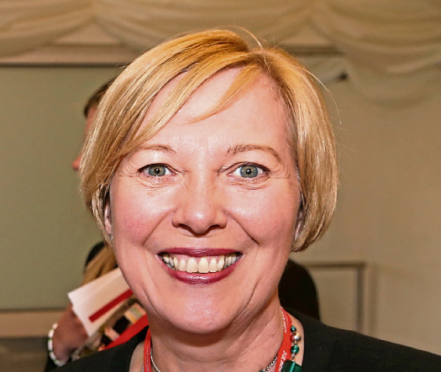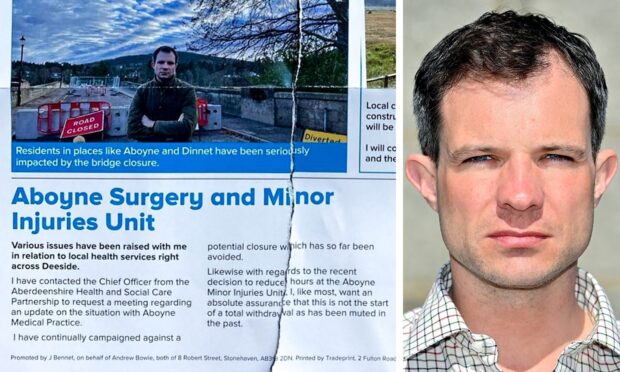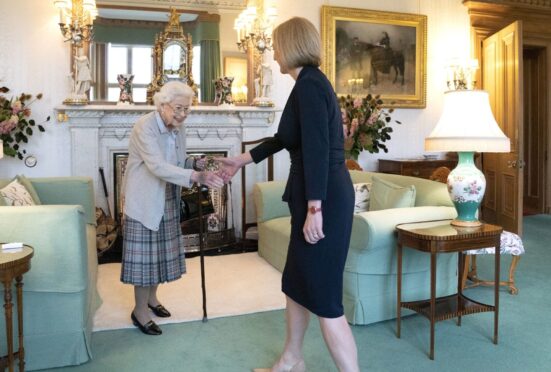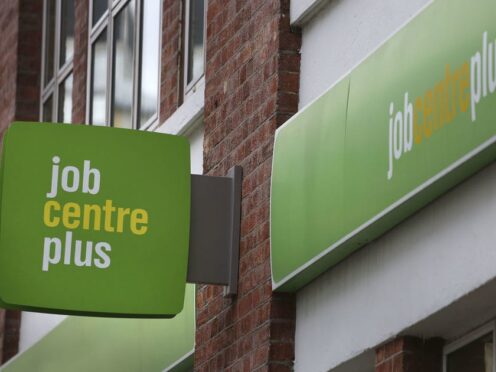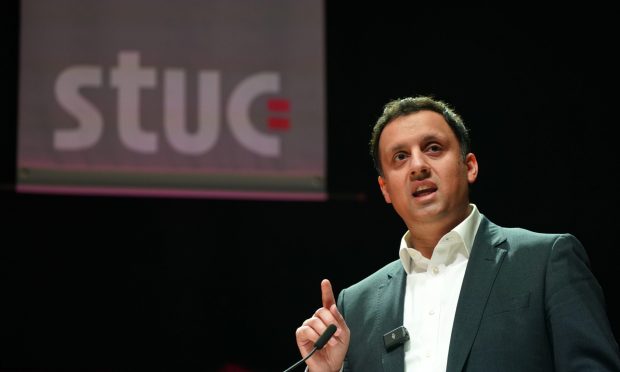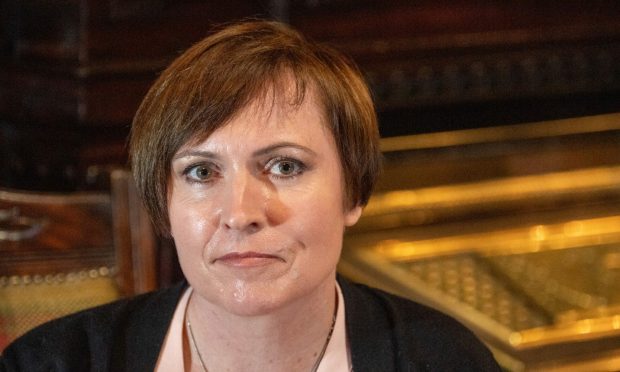It’s the party that claims to value democracy and says it wants to protect the Union, but the Conservatives appear to be doing everything in their power to destroy it.
David Cameron set in train a dramatic course of events when he bowed to pressure from his right-wing Brexiteers to hold the EU referendum.
This has highlighted the depth of influence and fear the right-wingers have within the Conservative party and their stranglehold over Theresa May’s options to make sense of an increasingly precarious Brexit negotiation.
The Conservatives’ panache for disunity is not confined to Europe Brexiteers. Not content with taking us out of Europe, Theresa May now seems set on tearing up the hard-fought 20-year Good Friday Agreement.
With her inability to find a viable resolution to the Northern Irish question by ensuring no hard border and having shadow-boxed her way to a proposed maximum facilitation or “max-fac” solution, it’s sadly going to be the one time that there will be no perfect cover from this brand of solution.
Of course, her mission would probably be better helped if she had a few friends on her side. But sadly no.
When her solution is totally undermined by her foreign secretary – “Big Bus” Boris Johnson – who says her proposal is “crazy”, what’s a gal to do now?
It would be funny if it were not so serious. But when personal ambition comes before what’s best for Britain, don’t be expecting any magic solutions to this aspect of Brexit any time soon.
And if that was not enough for Theresa May to contend with, her Secretary of State for Scotland, David Mundell, has repeatedly made promises that he has failed to keep in fixing the issues around the devolution settlement and clause 11 (now called clause 15 – just to add to the confusion).
The fact that Mr Mundell is not even allowed at the negotiating table on Brexit to represent Scottish interests speaks volumes.
As does the very hollow claim by Ruth Davidson that her Scottish Tory MPs would stand up for Scotland’s interests. That’s not going so well either.
So, it seems it’s time to take a leaf out of the Donald Trump playbook. Let’s go for a bit of deflection.
It’s all too easy for the Conservatives to simply resort to SNP-bashing and claiming indyref2 is being pushed for every time it gets a bit tough – but that does not excuse their breathtaking arrogance and incompetence in addressing the very real issues that are now well and truly sitting in their lap to resolve.
Brexit was always going to be difficult. But what is so deeply concerning is the cumulative chaos the Conservatives are leaving in their wake, and their inability to grasp some of the fundamentals of diplomacy.
Taking everything off the table. Not regularly meeting with your key negotiating partners, yet somehow thinking that operating on the basis that whatever you say will be accepted.
This failure to understand the basic art of negotiation, and mutual respect, lies at the heart of the lack of progress.
I am always optimistic and positive for as long as constructive dialogue is under way. But right now, it is not.
There is a now an increasing danger the Conservatives are going for the treble: crashing us out of Europe with no deal, destroying the Good Friday agreement, and giving the SNP what they want – sufficient grievance to demand indyref2.
Well, in the year when we celebrate some women getting the vote, let me give the Conservatives some advice from my Suffragette sisters – Deeds Not Words.
****************************************************************
I was delighted to attend a lunch this week with the P&J’s Westminster Correspondent Jenny McKiernan. The guest speaker was the very talented and understated Frances O’Grady, head of the TUC.
I was delighted to hear her organisation will be marking its 150th anniversary not by looking back, but by looking forward to where new ground needs to be broken.
Not least of that new ground is on the rights of young people who increasingly find themselves at the sharp end of life.
At a time when we need all the skills and talents we can muster, young people are continually disadvantaged.
Let’s start with education. There are funding cuts, 3,500 teacher vacancies, the attainment gap showing no signs of closing – hardly the best preparation for working life.
Go to college? Good luck, when 150,000 college places have been cut.
Find a job? It’s unlikely it will pay the living wage.
Security of employment? It’s increasingly difficult to find a permanent contract.
Regular employment? Young people are more likely to be in insecure work or zero-hours contracts.
And when it comes to affordable housing or even getting on the housing ladder, forget it!
Young people must have their voice heard in an inclusive society.
I am delighted the TUC is recognising the shoddy treatment of young people in the workplace and I support Labour’s call for £10 minimum wage, lower rents and a democratic voice through votes at 16.
The next generation need a voice in shaping their future. Labour and the TUC are working to make that happen.
**********************************************************************
On a lighter note, Frances O’Grady reviewed the state of our economy and the risks that continuing under-performance is likely to bring.
The Deputy Governor of the Bank of England has been criticised for saying the economy has entered its “menopausal” phase, having passed peak productivity.
Was this just another example of everyday sexism or the answer to the UK’s economic and productivity decline?
As a one-time menopausal woman, can I offer perhaps a counter view as to how menopausal symptoms might just be what the UK economy needs.
Well, for a start, those hot flushes certainly get your energy levels up and your wardrobe requires a rethink – undoubtedly a boost for our declining high street shops.
Then there is the fact that you just can’t sleep – and if you’re like me, then you take the view you may as well get up and do stuff. Just think what that could do to boost productivity levels?
But joking aside, what we need is stability and certainty. Because who is going to invest in anything if they don’t know what trade deals look like or when the next referendum might be coming?
Ms O’Grady suggested that perhaps, next time, the deputy governor might want to address the gender balance by considering a male condition as a metaphor for our limp economy – say erectile dysfunction?
But there again, if we end up in that situation, nothing will be working.
